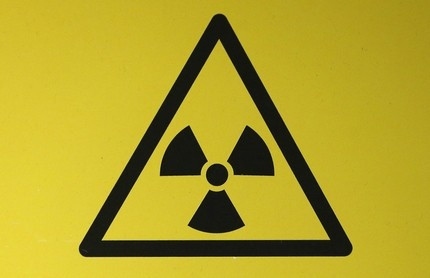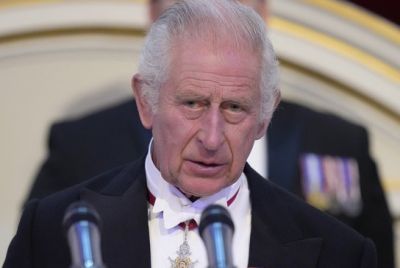Cameron's Nuclear Dream Deflated by Subsidy Claims and Energy Price Hikes

When is a government subsidy not a subsidy? When it is a guaranteed unit price. At least, that is the case when it comes to the long-overdue building of Britain's first nuclear power station for a generation.
The government has announced the massive decade-long, £16bn project with great claims about it being, to quote Prime Minister David Cameron: "a landmark in our economic growth plan".
He says it will create more than 25,000 jobs, help secure the nation's power supplies and, most importantly, result in energy bills for consumers lower than they would otherwise have been by 2030. That, needless to say, is still significantly higher than they are now though.
And it is that last assurance that goes to the heart of the current debate over escalating energy costs, particularly as it comes on the day nPower became the third big company to announce an inflation-busting price hike, of more than 10%.
At the centre of the new deal, the French-owned EDF consortium, which includes Chinese investors, have been given a guaranteed "strike price" of £92.50 for 35 years for every megawatt hour of energy the new, Hinkley C station generates, twice the current wholesale cost of electricity.
And that has led to those claims that this amounts to a subsidy which, as is always the case, will be financed by consumers through their bills and which flies in the face of previous pledges by the coalition there would be no such public underwriting of the scheme.
No one seems to believe that the "strike price" will not be reached, meaning energy bills are going to continue rising substantially for the next 30 years or so.
Eyebrows have also been raised over the fact that the project is being led by French and Chinese state industries while Britain ruled out any such similar state project.
There is an element of bad luck for Prime Minister David Cameron in the timing of this announcement which is, in fact, supported by all the main political parties as the only realistic way of keeping the lights on in Britain for the foreseeable future.
Successive governments have ducked the decision while nuclear power has even caused splits amongst environmental activists, some of whom support it as a clean source of electricity.
Cameron, with the backing of the formerly sceptical Liberal Democrats, has now pioneered a deal that will finally make it happen and has received praise for getting it done.
But the announcement has come after Labour leader Ed Miliband drove energy prices to the top of the political agenda with a pledge to freeze bills for 20 months if elected in 2015.
Cameron's position has not been helped by the string of huge price rises by some of the "Big Six" companies - with suspicions it is only a matter of time before EDF does the same.
While the prime minister's spokesman said Cameron understood consumers' "anger" at the latest increases, Miliband said it was just the latest proof that the energy market was broken and that the prime minister was simply standing by.
It was ridiculous that "the prime minister can fix prices for 35 years ahead for the energy companies but he cannot freeze prices for consumers," he said.
Add to that the revelation that consumers will be subsidising the French-Chinese project for some 35 years and much of the gloss has been taken off this announcement.
Labour spokesman Caroline Flint also made the point that Cameron has attacked Miliband's planned 20 month energy prices free claiming it is impossible to plan ahead for it while, at the same time, saying he can plan 35 years ahead with a guaranteed set price for EDF.
The prime minister has stressed that by 2030 household bills will be £75-a-year lower than they otherwise would be if the new power station is not built. But the figure includes the creation of other stations on the drawing board but not yet finalised.
Despite all the concerns, however, what the coalition government has going for it is near-universal political agreement that nuclear is at least part of the answer if the UK is to avert a genuine power crisis and Cameron has, at least, had the nerve to get it started.
© Copyright IBTimes 2025. All rights reserved.





















